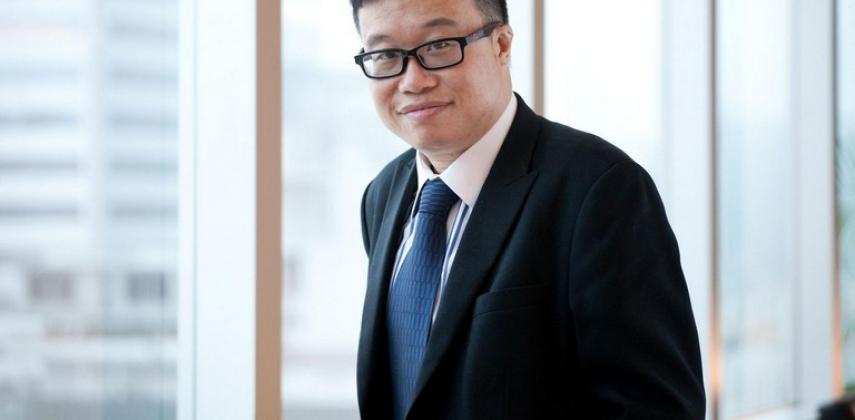Mentoring programmes at Deloitte China are aligned with the company’s collaborative culture that encourages a people-orientated and caring work environment.
“As an employer of choice, we support our staff’s personal growth and well-being by providing ongoing feedback and assistance,” says Derek Lai, deputy national leader for financial advisory services at Deloitte China.
Employees receive career counselling as part of a performance-management process. Each new hire is assigned to a career counsellor – normally a manager or more senior staff member in the same service line or function – who manages and oversees the employee’s performance.
“He or she meets regularly with the counsellees to share their personal experiences and help them to identify areas for training and development, as well as areas where extra support may be necessary to enable the counsellees to achieve their goals,” Lai says. “The counsellee should aim at discussing their progress against the objectives and their development needs as often as possible with the counsellor.”
Deloitte’s client-facing employees also undergo a review to assess their individual performance in each engagement, and biannual reviews on their career plan and performance. Selected top talents go through the Smart Training Programme (STP) to help accelerate their professional and personal growth, and to groom them as future leaders.
Each trainee is mentored by a partner who helps identify strengths and development needs. The partner is a trusted companion with whom the trainee shares his or her ups and downs, while offering input on performance rating and giving feedback to group partners.
Lai regularly takes some of the STP trainees under his wing. “They are our future. The trainees learn a lot while I pass on my experience to them and I learn from them as well,” he says.
Lai says he does not even consider mentoring as work. “It gives me a lot of motivation and satisfaction, especially when the trainees listen to me and learn something that they can relate to.”
His conversations with trainees usually cover a lot of topics. “I’m interested to know about their personal life and not just their career. This is a way to gain their trust and bridge the gap between us,” he says.
Lai appreciates the fact that Generation Y staff are more willing to communicate than their predecessors. “I prefer that because it is easier to guide them,” he says.
Meanwhile, the Deloitte Club develops the firm’s presence among target candidates at an early stage, while helping university students excel in accountancy. “Via mentoring, classroom training, ambassadorships and internships, students get a taste of the Deloitte life,” Lai says. “It helps attract the next generation and builds up the talent pipeline.”


